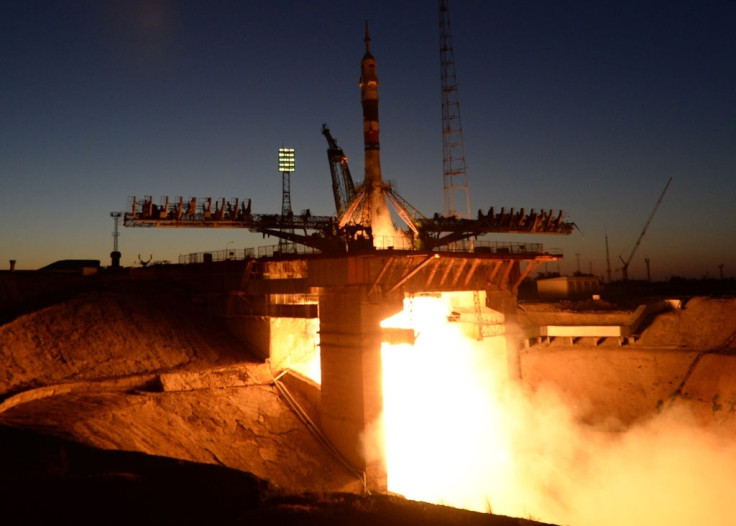Russia mulls over building a super-heavy rocket to boost its moon exploration programme
Russia has reportedly already made a decision on a medium range rocket.

Russia is about to make a decision on developing a "super- heavy" carrier rocket that could boost its moon and space exploration ambitions.
The announcement comes just days after it was reported that Nasa and Russia are coming together to build a new space station that will orbit the moon and help extend the duration of manned missions in space, including the missions to Mars.
While it is still unclear whether the announcement is a direct result of the Nasa deal or not, Russia has reportedly set its sights on the moon. According to a report by the TASS news agency, the country has an ambitious moon exploration programme that includes building a near-moon station.
Russia has reportedly already made a decision on a medium range rocket, said Chief Designer of Energiya Rocket and Space Corporation Yevgeny Mikrin. "Now a decision on a medium-range rocket has been made and we hope that soon a decision on a super-heavy carrier will be passed," he said. The super-heavy carrier is needed, said Mikrin, for a full-fledged implementation of the Russian lunar programme.
The rocket has reportedly been code named "Super-Heavy Complex-3" or "Energiya-3".
Russia already has a super heavy carrier called the Proton that is in active duty since the cold war. The country also has the Angara, and together the two rockets can only assist the moon exploration missions partially.
"A new module weighing up to seven tonnes can be launched [to the Moon] with the help of an Angara or Proton carrier," Mikrin said.
Flight tests for this super-heavy carrier will have to speed up, Russian Deputy Prime Minister Dmitry Rogozin in a Facebook post in August. "As for the super-heavy carrier rocket, Roscosmos [State Space Corporation] should provide for the start of its flight tests by 2027 and not by 2030," he had said.
Initial plans were to start testing the carriers by 2028, an earlier report by TASS had said. Infrastructure for the super heavy rocket launcher will begin construction at the Vostochny cosmodrome after 2025.
Moscow also has plans to fly "Federatsiya," a piloted spacecraft to the moon. There was no mention of whether this new super-heavy carrier will be used to explore outer space.
© Copyright IBTimes 2025. All rights reserved.





















